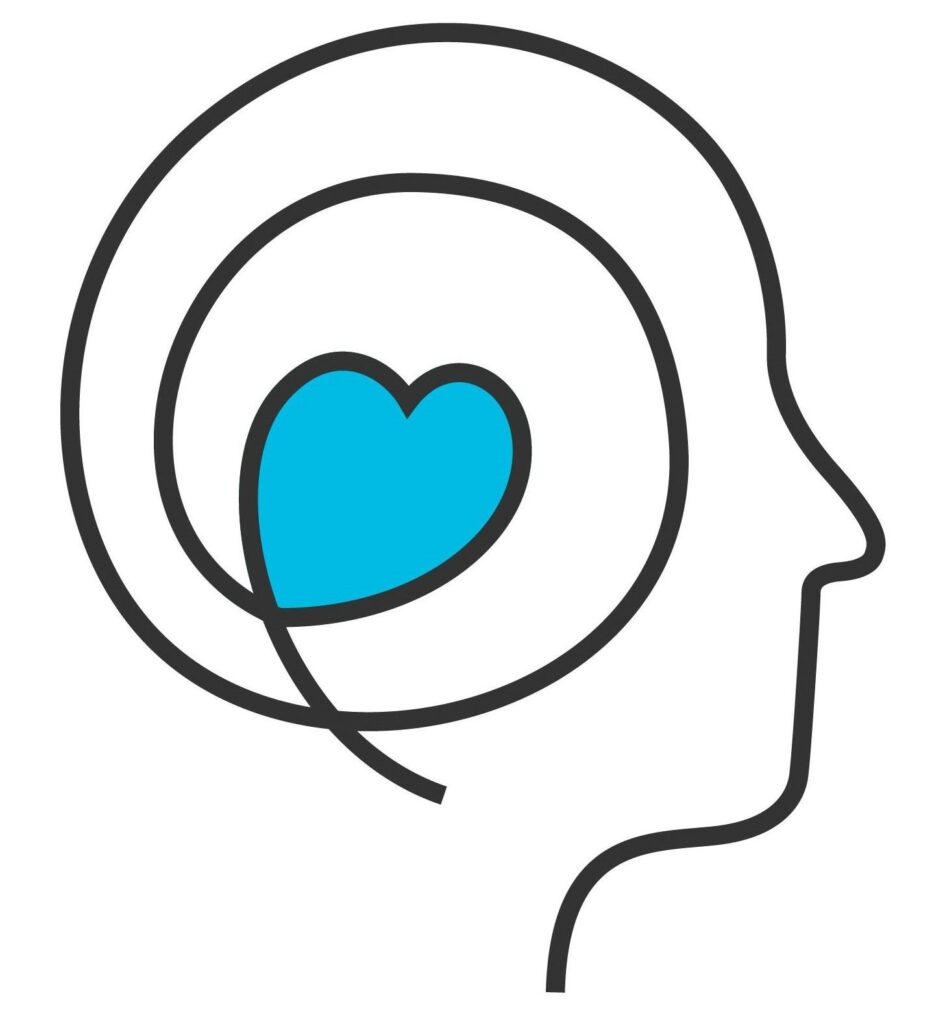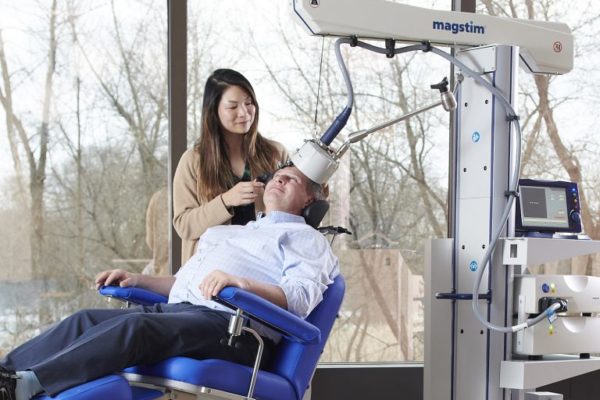Carolina Psychiatry: Greenville Area’s Premier Clinic for TMS and Integrated Mental Health Care
When traditional antidepressants and talk therapy fail, patients in Anderson, Greenville, Seneca & Spartanburg, South Carolina turn to Carolina Psychiatry, operating under Taral Sharma MD PC, for innovative, effective solutions. As a leading integrated psychiatry clinic, Carolina Psychiatry is proud to offer Transcranial Magnetic Stimulation (TMS)—a non-invasive, FDA-approved treatment designed for people suffering from treatment-resistant depression.
Combining expert psychiatric care with the latest in neurostimulation therapy, Carolina Psychiatry delivers results where other approaches fall short.
What Is TMS Therapy?
Transcranial Magnetic Stimulation (TMS) uses targeted magnetic pulses to stimulate underactive areas of the brain associated with mood control. The treatment is:
-
Non-invasive
-
Drug-free
-
Clinically proven
-
Performed in-office with no downtime
TMS is ideal for patients who have not responded to antidepressants or therapy and want a safer, more effective path to recovery.
Why Choose Carolina Psychiatry in Greenville?
Patients throughout the Upstate region choose Carolina Psychiatry for its:
✅ Integrated psychiatric approach—Combining medication management, diagnostic evaluation, and non-pharmacological therapies for holistic care
✅ Board-certified expertise—Led by Dr. Taral Sharma, an experienced psychiatrist known for his compassionate and effective treatment strategies
✅ Customized TMS plans—Each patient receives an individualized protocol to maximize treatment outcomes
✅ Modern clinic setting—Comfortable, private environment designed for healing and support
With years of experience and the latest TMS technology, Carolina Psychiatry is at the forefront of depression treatment in the Greenville area.
Hope for Treatment-Resistant Depression
Many patients feel hopeless after trying multiple medications without success. TMS offers a breakthrough, with clinical results showing:
-
60–70% of patients report significant symptom relief
-
One-third experience full remission after a standard course of TMS
-
Minimal to no side effects, making it a powerful alternative to drugs
Carolina Psychiatry’s focus on precision psychiatry means every patient receives the care they deserve—tailored, compassionate, and grounded in science.
Serving Greenville and the Upstate
Conveniently located to serve Greenville, Spartanburg, Anderson, Seneca, Simpsonville, and surrounding Upstate SC communities, Carolina Psychiatry offers TMS evaluations, psychiatric consultations, and mental health support for patients seeking lasting relief.
Telepsychiatry options are also available to expand access while maintaining a high standard of care.
Ready to Take the Next Step?
If you or a loved one is living with treatment-resistant depression, contact Carolina Psychiatry today to learn if TMS therapy is right for you.
📍 Learn more: www.carolinapsychiatry.com
📞 Call to schedule: (864) 844-9432
📅 Appointments: Schedule Now







